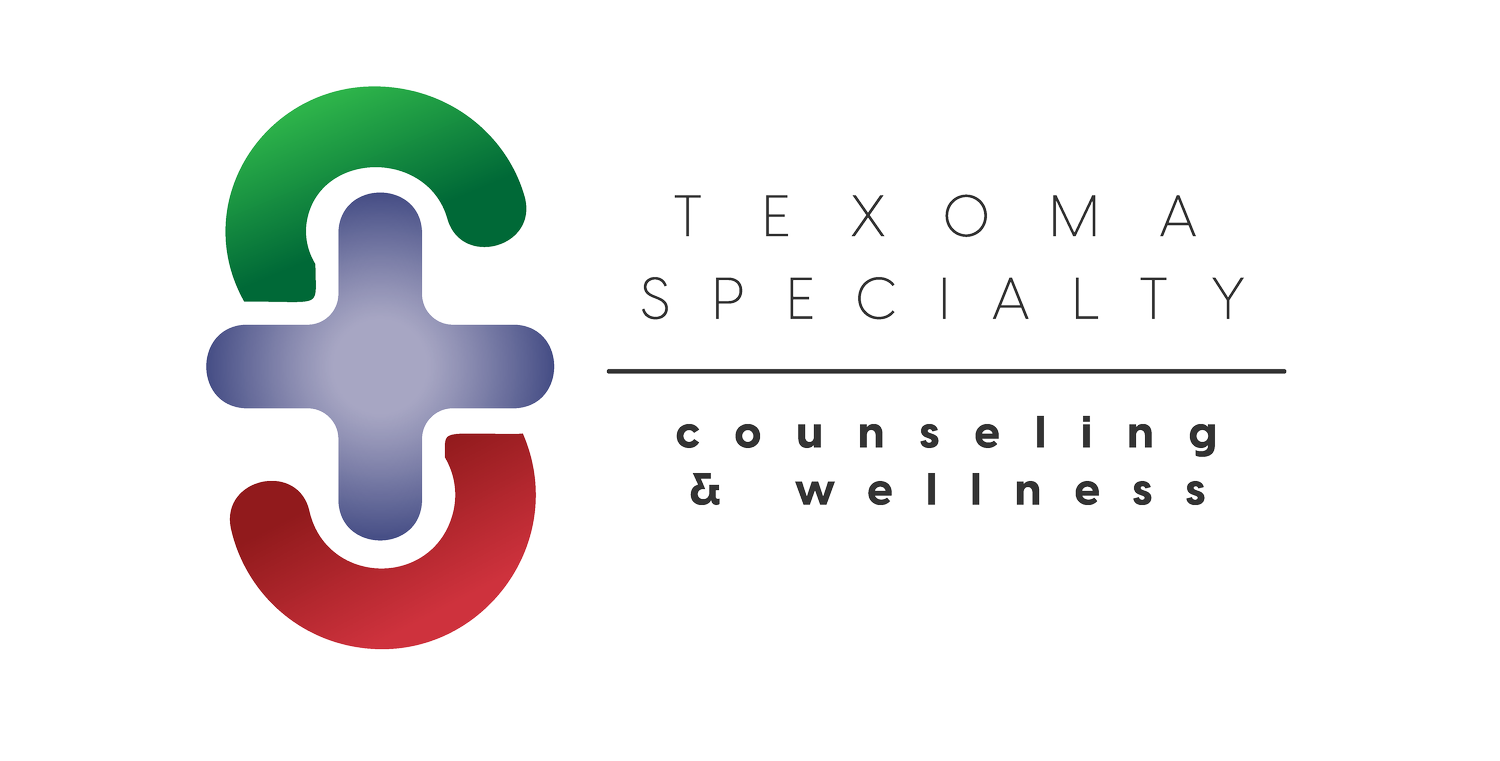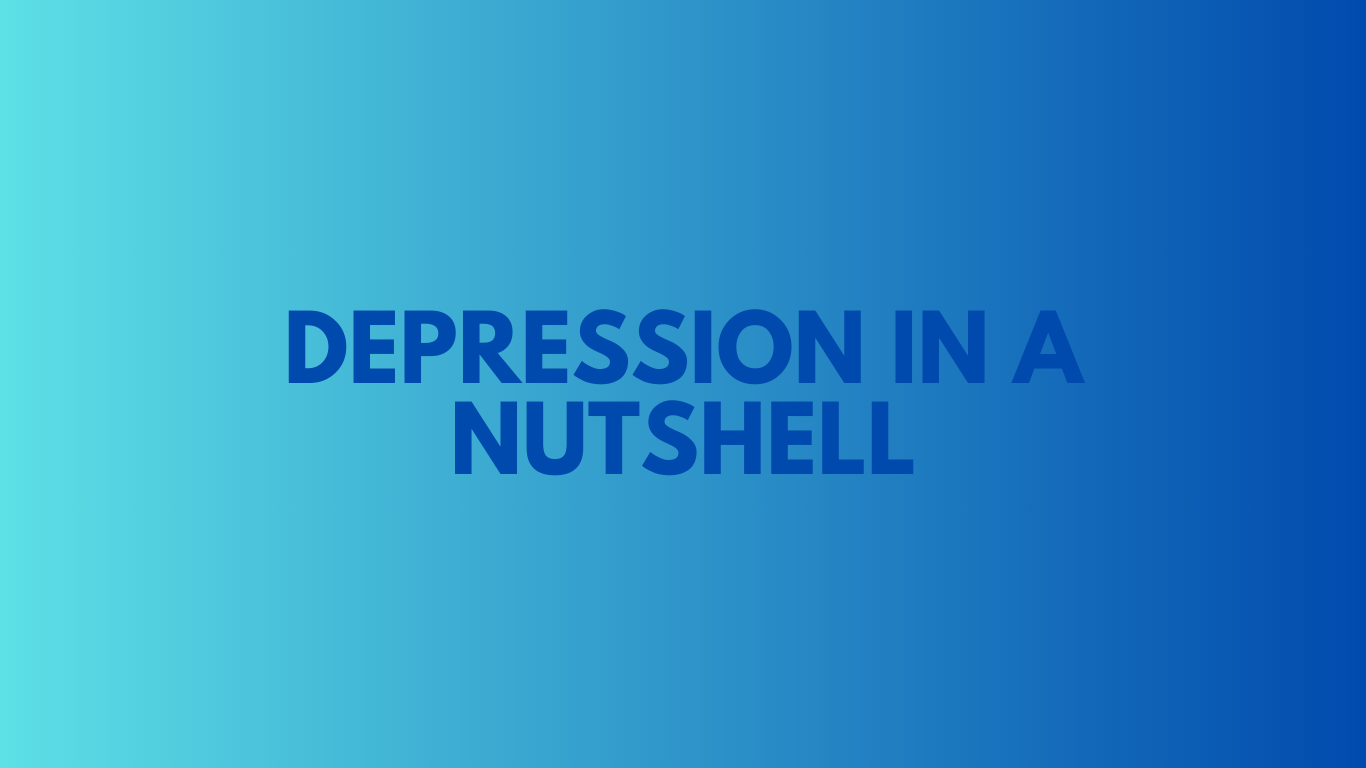Depression in A Nutshell
Understanding Depression: Insights, Symptoms, and Treatment Options
Today I am talking about Depression. In this brief overview of depression I discuss how depression is the most common mental illness.
Millions of Americans suffer from depression. In fact, most people have probably experienced depression at some point in their life.
I describe different types of depression:
Major depressive disorder – sometimes people experience severe depression at various times in their life. Others experience a severe depression one time.
Persistent depressive disorder – I discuss how some have a sad and pessimistic outlook on life.
I also discuss causes of depression. Although there is not one particular cause I discuss how events, grief, traumatic experiences, life changes, and stress can lead to depression.
People can also biologically predisposed to depression.
In this video I also explore the symptoms of depression. Depression causes a deep, dark sadness. It zaps all your energy and motivation. You feel hopeless, helpless, and worthless. It can seem impossible to get up each day and complete daily tasks. You want to stay in bed and sleep all day yet your sleep is not restful. You feel tired all the time. Your appetite will change. You want to isolate. You feel irritable, angry, sad, and overwhelmed. Depression makes it hard to see that change and hope are possible.
Treatment and Support
I discuss treating and addressing depression. The best treatment for depression is counseling and medications. Although I do not always advocate for medications the research clearly states that individuals that take medication and counseling to address depression have the best outcomes. Counseling can give you hope to overcome intense sadness.
My wellness tip is to surround yourself with positive people and activities. Although your depression will cause you to isolate from these things having positive people and experiences around you will help you challenge negative thinking.


